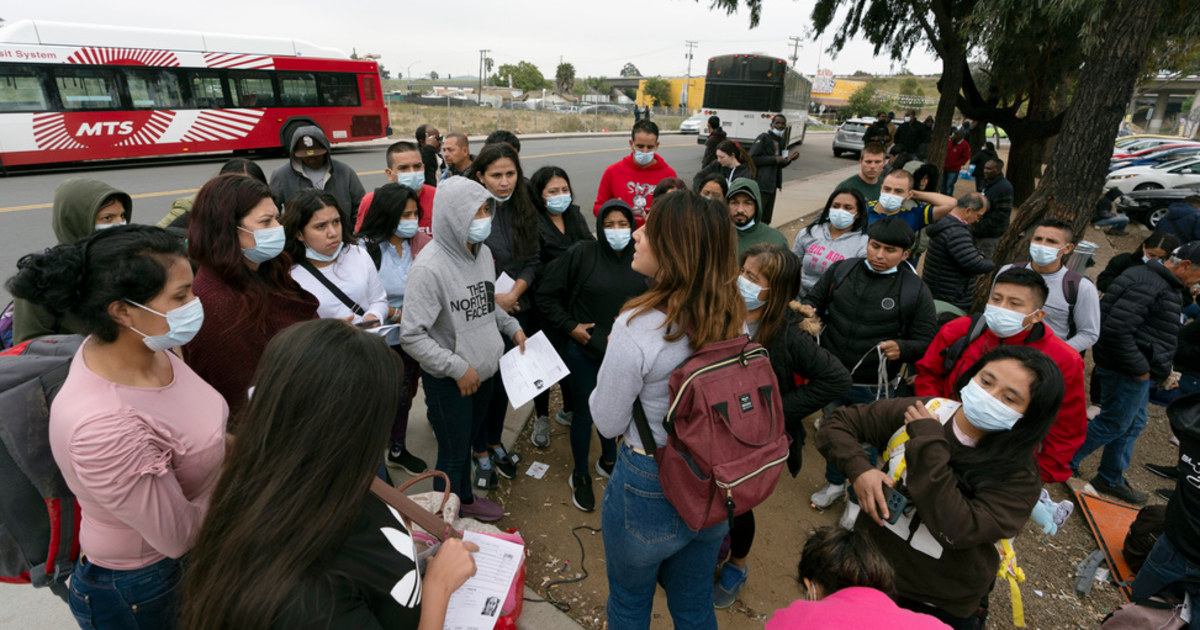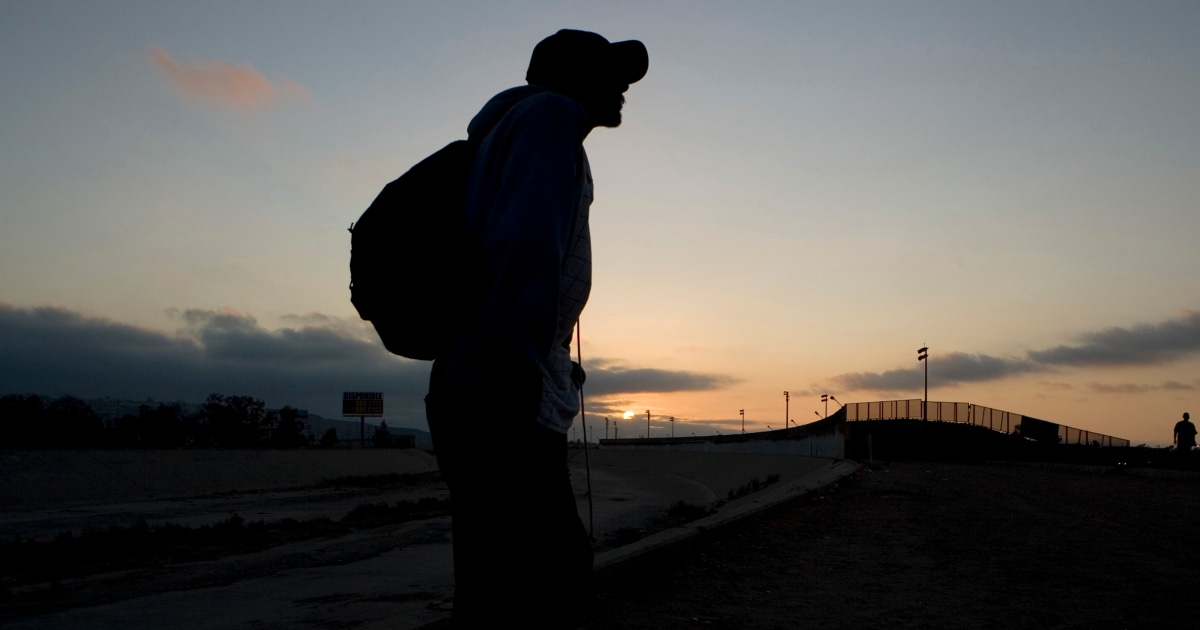Vaccines against the coronavirus will reach Mexico by dropper.
The Latin American country this week closed a contract with Pfizer to buy 34.4 million doses, which will immunize 17 million people, but less than 250,000 injections will be available for this month, the Government has recognized.
The vaccination plan is expected to be announced next Tuesday, but it has been anticipated that priority will be given to health personnel attending the pandemic.
The prototype of the American pharmaceutical company needs two applications, so the first wave of vaccines will cover less than the 151,857 health workers that have been infected in the country, according to official data.
The authorities hope to alleviate the shortage with the arrival of supplies from China's CanSino and Britain's AstraZeneca, scheduled for the first months of next year, according to the Ministry of Foreign Affairs.
The optimism after reaching the agreement with Pfizer and BioNTech has started to run into the logistical difficulties of a vaccine highly demanded in the world and with a limited production capacity.
The pharmaceutical company has had problems in its supply chain and will produce only 50 million vaccines before the end of the year, half of what it had anticipated,
The Wall Street Journal said
.
As it is a health emergency, the Government has promised an expedited authorization for the prototype, which has not yet been approved for sale and distribution, a stumbling block that it seeks to overcome while regulators in other countries give their approval.
The president, Andrés Manuel López Obrador, said this Thursday that the United States is expected to approve the commercialization on December 10 and that Mexico will do so "a few days later."
Next Tuesday will be a key day because it will be when the authorities explain the distribution of the vaccine in this first stage.
The plan, authorities say, is now ready, but how, when and where it will be distributed has not been said.
It will also unveil a communication strategy that will have to deal with the anxiety and expectations of 127 million inhabitants, as well as a strategy to monitor symptoms and secondary effects on the ground.
With the announcement of the Pfizer contract, doubts have begun to arise about the possibility of even the emergence of a black market for doses, which the Government hopes to combat with the promise that every Mexican will have free access to the vaccine.
The initial estimate of vaccinating up to 2.6 million people this month seems an increasingly distant goal, pending the completion of a surprise agreement with pharmaceutical companies.
Even so, the authorities had already planned a complicated start, with few vaccines available at the beginning.
As the months progress, the challenge will be reversed: the difficult thing will be to manage a portfolio that includes Pfizer, CanSino, AstraZeneca and, probably, Moderna, through the Covax mechanism.
Pending is also Sputnik V, of which the health authorities have not yet had information verified by sources outside Russia on its effectiveness, according to daily reports on the advance of the virus.
That figure of 2.6 million people vaccinated for December comes from a statement in October by Arturo Herrera, Secretary of the Treasury.
These are only doses purchased from Pfizer and CanSino, with a margin of reaching until January.
The number of people immunized at the end of March 2021, according to Herrera, will be around 20 million Mexicans.
All of this depends on the supplies starting to arrive, they are approved and the logistics to make the delivery, especially due to the deep-freezing conditions required by Pfizer's vaccine.
The Chinese vaccine can speed up the process: it is given in a single dose.
Another relevant issue is prices.
Mexico opted for the AstraZeneca prototype and the University of Oxford, with an agreement of intention to produce and distribute around 250 million doses together with Argentina, to distribute to other countries.
It is a vaccine five times cheaper than Pfizer's and seven times less expensive than Moderna's, according to the companies themselves.
The Mexican authorities have said that there are confidentiality clauses that prevent giving details of the agreement signed with Pfizer, although the price set by the pharmaceutical company is around 40 dollars per immunized patient, that is, after receiving two doses.
López Obrador said this week that 20,000 million pesos (about 1,000 million dollars) will be allocated just to purchase vaccines.
In that Herrera presentation in October, however, it was calculated that if Mexico managed to tie up the 198 million doses it had negotiated with the laboratories —34.4 million doses of Pfizer;
77.4 million from AstraZeneca, 35 million from CanSino and 51.5 million through Covax— the total cost would be more than 35,150 million pesos (1,659 million dollars).
That difference would be settled at the end of next year in monthly payments on delivery, according to authorities.
“The first batch with 250,000 doses will arrive in the next few days. We cannot communicate the exact date yet, because it will depend on how the schedule of activities we have goes on, ”explained José Luis Alomía, director of Epidemiology, at the conference this Tuesday. With many difficult decisions at the door, especially from who will receive the vaccine first, the message from the Government is to ask for patience and caution, in the face of a way out of the pandemic that aims to still take several months.

/cloudfront-eu-central-1.images.arcpublishing.com/prisa/2E5E54FT5VFHNLJAFKT5EORNKI.aspx)







